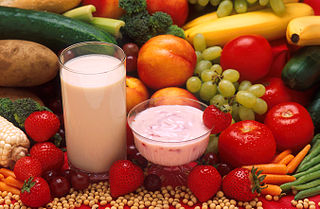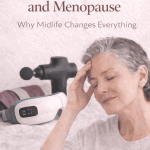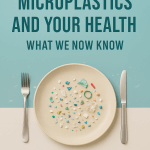The practice of eating plant based diet without dairy products, eggs and meat is called vegetarianism. Vegetarianism can be followed for different reasons, it can be due to religious beliefs, animal rights and other factors including health, political, environmental, cultural and economic values.
There are differences within the practice of following a vegetarian diet. Ovo veg diet includes eggs but not dairy products. Lacto veg diet includes dairy products but not eggs. Vegan diet excludes eggs, honey and dairy products. Ovo-lacto veg diet includes both eggs and dairy products.
The positive features of vegetarian diet are that, it lowers the levels of saturated fat, cholesterol and animal protein. It contributes higher amounts of carbohydrates, fiber, magnesium, potassium and antioxidants such as vitamin C and E and phytochemicals. Generally the vegetarians have lower body mass index, lower cholesterol, blood pressure, lower rates of heart diseases, hypertension, type 2 diabetes, renal disease and metabolic syndrome and Alzheimer’s disease.
To ensure optimal vegan diet include vitamin B12 fortified foods such as soy and rice beverages, breakfast cereals and B12 fortified nutritional yeast. Tempe is a whole grain product with high folate content. For proper calcium intake include green leafy vegetables, tofu, tahini and calcium fortified soy and rice beverages and orange and apple juices.
For adequate vitamin D especially during winters consume vitamin D enriched foods. Lupin beans, soy, hempseed, chia seed, amaranth, buck wheat, peanut butter and quinoa contain significant amounts of the eight amino acids to ensure your optimal protein intake. You can combine a variety of complimentary plant sources to provide you with eight essential amino acids.
Vegetarian sources of omega 3 fatty acids include soy, walnuts, pumpkin, canola oil, kiwi fruit, hemp seed, algae, chia seed and flax seed. Foods rich in zinc such as whole grains, legumes, soy products provide sufficient zinc intake. Eating a vegetarian diet is a good recipe for our own health and that of the planet in which we live.
Take care,
Swarnam
soy-whey diet photo courtesy of Wikipedia
Other photos courtesy of www.FreeDigitalPhotos.net
photo of vegetable stall by Simon Howden
photo of vegetables by Grant Cochrane
Take care,
Swarnam
Swarnam














